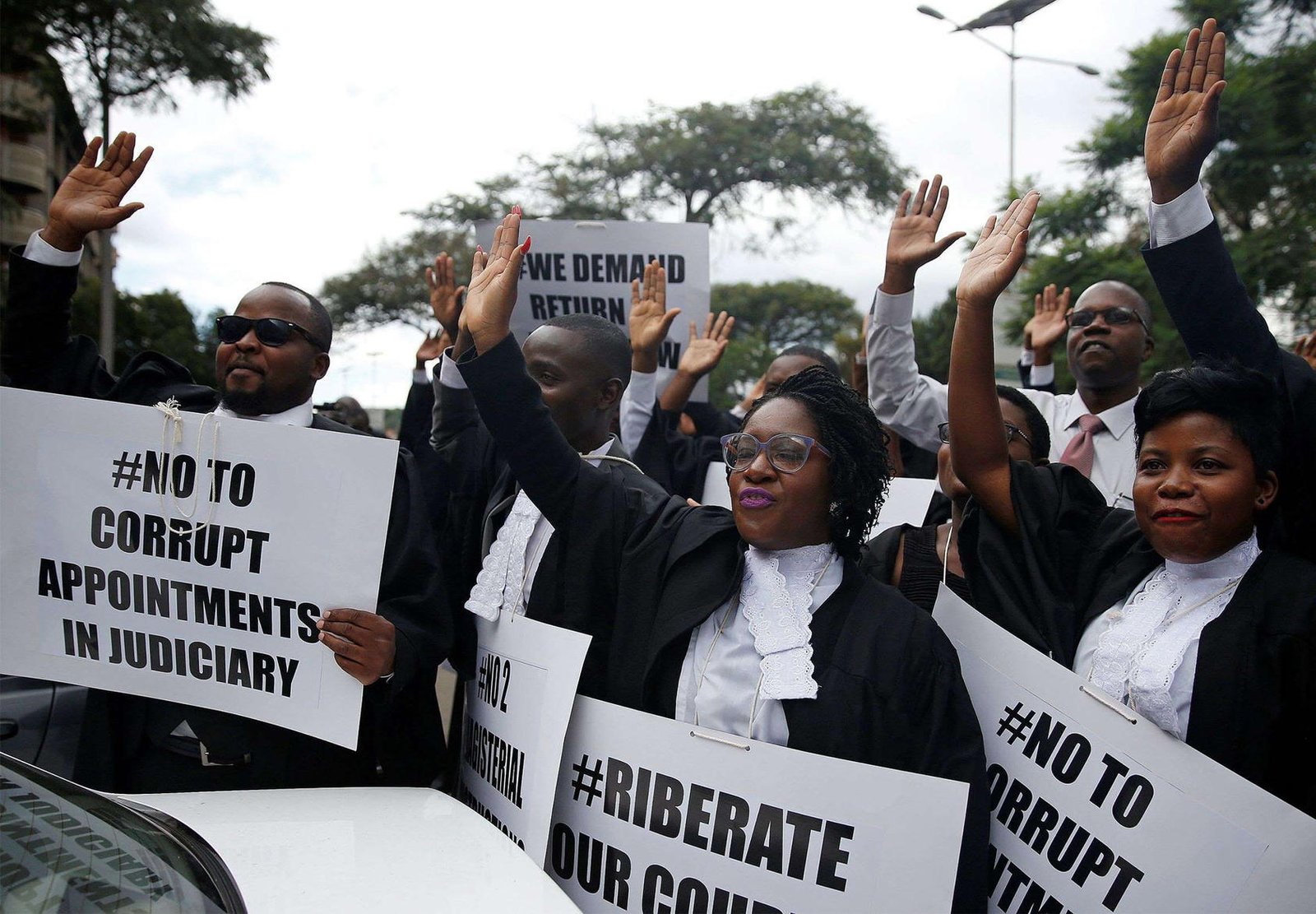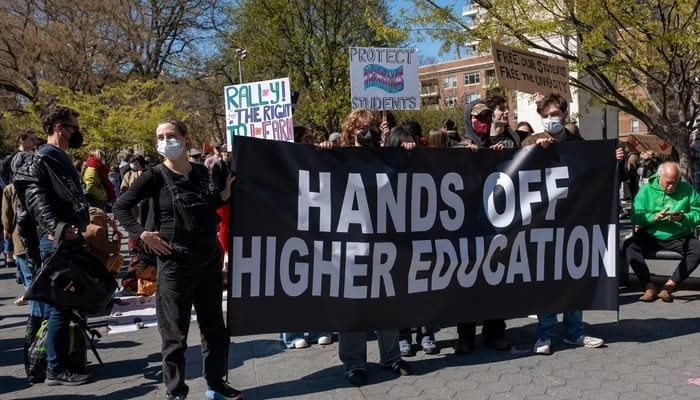The Israeli military on Monday issued evacuation warnings to residents in parts of Tehran ahead of planned airstrikes targeting military sites in the Iranian capital. Similar warnings have been issued in past operations in Gaza and Lebanon.
This development comes amid a sharp escalation in hostilities between the two nations. Earlier on Monday, Iran launched a new wave of missile attacks on Israel, killing at least five people. In response, Israel claimed to have established air superiority over Tehran and targeted over 120 missile launchers—reportedly one-third of Iran’s stock—as well as 10 Quds Force command centers in the city.
Brig. Gen. Effie Defrin, an Israeli military spokesperson, stated: “We have achieved full aerial superiority over Tehran’s skies,” calling the strikes a “deep and comprehensive blow” to the Iranian threat.
Iran, meanwhile, says it fired around 100 missiles in retaliation for Israeli attacks that have killed at least 224 people and damaged military and nuclear infrastructure. One Iranian missile landed near the U.S. consulate in Tel Aviv, though no American personnel were hurt, according to Ambassador Mike Huckabee.
So far, Iran has launched over 370 missiles and hundreds of drones at Israel, killing 24 people and injuring more than 500.
The conflict began when Israel launched a surprise assault on top Iranian military leaders and nuclear facilities, claiming it was necessary to halt Iran’s progress toward developing a nuclear weapon. Tehran insists its nuclear program is peaceful. While U.S. and international agencies say Iran halted its weapons program in 2003, the IAEA warns it now has enough enriched uranium to build several bombs if it chooses.
Missile Strikes Shake Israeli Cities
In Tel Aviv, residents were jolted awake before dawn as explosions rocked the city—many caused by Israeli defense systems intercepting Iranian missiles. In Petah Tikva, a missile directly struck a residential building, killing five and injuring dozens more. Rescuers are still searching for people trapped in the rubble.
“This is just one scene,” said Israeli police spokesman Dean Elsdunne. “We clearly see that our civilians are being targeted.”
Despite losing his home in the strike, one resident, Yoram Suki, supported continued military action: “It’s totally worth it. This is for the sake of our children and grandchildren.”
No Sign of De-escalation
Iran has expressed willingness to stop attacks if Israel halts its own, but following extensive Israeli air raids on oil refineries and government buildings, Iran’s Revolutionary Guard threatened even more powerful retaliation.
Iranian health officials reported 1,277 injured, while rights groups like Human Rights Activists (HRA) say over 400 have been killed, including nearly 200 civilians.
Meanwhile, Tehran continues its crackdown on suspected espionage. On Monday, Iranian authorities executed Dr. Esmail Fekri, who had been convicted of supplying classified information to Israel’s Mossad intelligence agency.
As tensions surge, fears grow that this spiraling conflict could draw the entire region into war.



